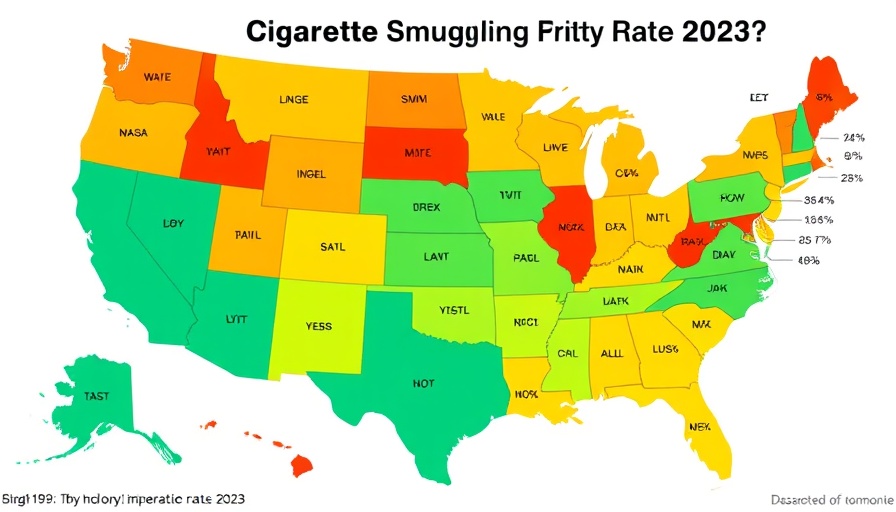
Understanding Fuel Taxes in Europe: The Current Landscape
As Europe navigates the complexities of fuel taxation amid ongoing geopolitical tensions, environmental reforms, and economic shifts, understanding the fuel tax structure becomes essential for small to medium businesses (SMBs) and CPAs. In 2025, the European Union mandates that all Member States impose a minimum excise duty on petrol (gasoline) of €0.359 per liter (equivalent to $1.60 per gallon). For diesel, the tax is slightly lower, set at €0.330 per liter (around $1.47 per gallon).
Insight Into Diesel Trends and Market Dynamics
The market for diesel vehicles has been contracting over the past few years; nonetheless, diesel still represents around 10% of new car registrations in the EU. This trend raises concerns about how businesses operating within the EU can navigate fluctuating fuel taxes as consumers increasingly lean towards petrol due to shifting regulations and taxation on diesel vehicles.
A Closer Look at Country Variations in Tax Rates
The disparity in fuel taxes across EU countries is striking. Malta stands out for maintaining the lowest gasoline tax rate, adhering to EU's minimum tax at €0.359 per liter. In contrast, the Netherlands imposes the highest gas tax at a hefty €0.789 per liter (or $3.53 per gallon), making business operations costly for fuel-dependent industries. Italy and Denmark follow closely with rates of €0.713 and €0.711 respectively, illustrating significant regional tax challenges.
Implications for Businesses and Strategic Adaptations
For small to medium businesses, understanding these tax implications is crucial for budgeting and pricing strategies. Businesses that rely heavily on transportation need to consider how these taxes affect their operational cost. Adjusting business models to mitigate the impact of higher taxes, through energy-efficient practices or alternative energy sources, may become essential.
Future Predictions: How Will Tax Policies Evolve?
Looking ahead, fuel taxes in Europe may face further adjustments as governments pivot towards more aggressive environmental strategies aimed at reducing carbon emissions. Businesses must prepare for potential price fluctuations or increased fuel levies, which could fundamentally alter market dynamics. Innovations in electric vehicles and hybrid technology may provide some reprieve, signaling a potential shift in transportation strategy across the continent.
Current Events: Fuel Tax Protests and Public Sentiment
The conversations around fuel taxes are growing more heated as consumer sentiment shifts. With rising living costs, protests have begun across major cities demanding lower fuel taxes. This public opinion can significantly influence policymakers and create shifts in tax legislation, impacting the operational costs for businesses.
Key Takeaways: Navigating the European Fuel Tax Landscape
In conclusion, the intricate landscape of diesel and gas taxes in Europe presents both challenges and opportunities for businesses. By staying informed about tax rates, potential shifts in legislation, and evolving market trends, small to mid-sized businesses can better navigate the fiscal landscape. Exploring alternative energy sources and lobbying for fair taxation can also empower businesses to thrive in an increasingly competitive environment.
As fuel taxes continue to evolve, staying updated on these changes is crucial for making informed business decisions. For CPAs and business owners alike, understanding how to adapt strategies in response to these tax environments will determine success in navigating the challenges of 2025 and beyond. If you seek deeper insights into how fuel taxes may affect your business's bottom line, reach out to industry experts for advice and tools tailored to your needs.
 Add Row
Add Row  Add
Add 




Write A Comment